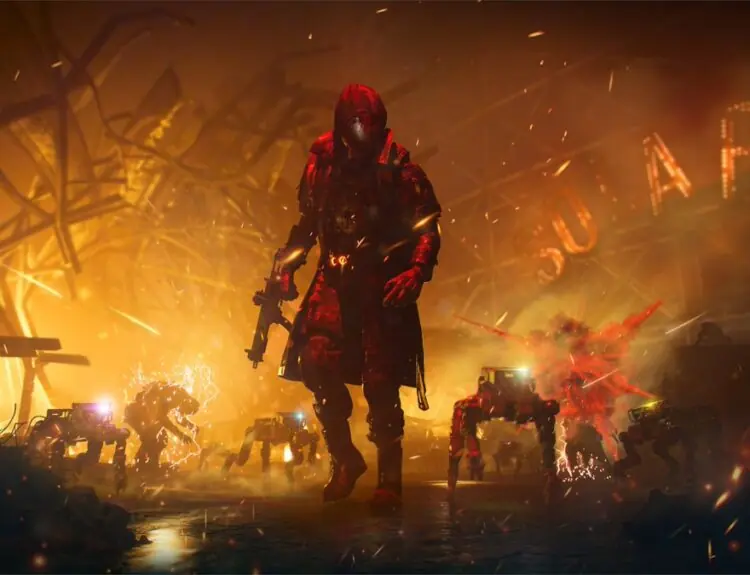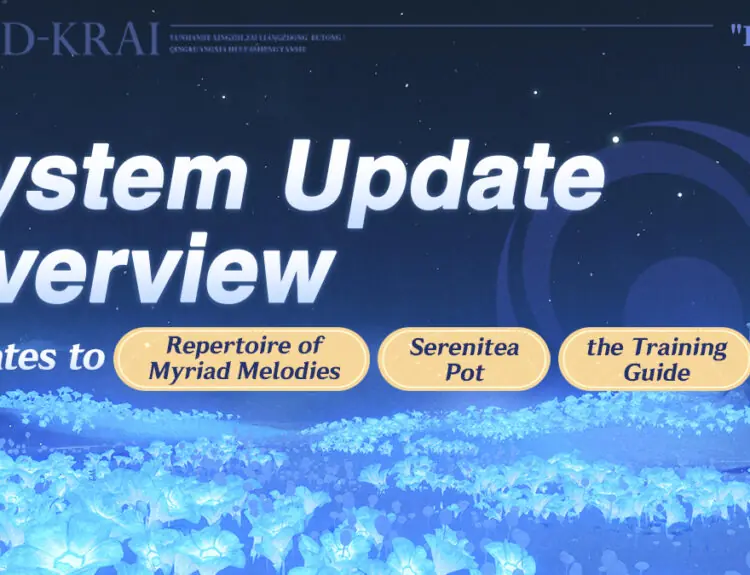One of the biggest debates that has been raging in the gaming community for the past two years is the argument over skill-based matchmaking, or SBMM.
The fire underneath the debate has been stoked in the past week because of the strength of SBMM in Call of Duty: Black Ops Cold War. Professional players and sweats are the first to complain about SBMM, and it’s pretty clear why.
After all, these are the players that compete in tournaments and live events. They’ve already proven time and time again that they’re capable players. Why should every public match feel like you’re battling against a version of yourself?
It wasn’t always this way – older Call of Duty titles didn’t have SBMM, or at least, had a much more toned-down version of it. The problem is that the franchise – and gaming as a whole – has changed since then.
Call of Duty is a global sensation with millions and millions of players. It’s one of the most well-known game franchises on the planet. Each iteration of the game hits the top of game charts for the month and boasts hundreds of thousands of players at launch.
That makes the professional players, the players who are exceptional at the game, a very, very small minority. They’re also the players with the biggest voice on the platform, with millions of followers on YouTube, Twitch and Twitter.
This weekend I ran a little test with the separate consoles in the house. I played Black Ops upstairs, my 10-year old brother played downstairs, and my sister played on the other console.
The need for skill-based matchmaking was immediately clear, as clear as it is in Apex Legends and Fortnite. New players, or even bad players, shouldn’t be matched up against good players.
We tried the same test in Apex Legends. It was obvious that both my 10-year-old brother and sister (who has played console before, although not many FPS games) should never come across someone with thousands of kills.
Pro players make up probably 0.1% of the population of Call of Duty: Black Ops Cold War. Players with a KD higher than 4 in other Call of Duty games make up maybe 0.5%. If Respawn’s numbers for the top 500 players making up 0.1% of players on Apex Legends, the same can be said for Call of Duty.
The main aim of Infinity Ward, Respawn, Treyarch – or the teams behind the studios – is to keep people playing their game. More players mean more money, more cosmetic sales, more viewership. Skill-based matchmaking is a crucial part of their arsenal in keeping casual players playing their game.
No matter the seemingly public outrage – with SBMM trending on Twitter like clockwork – these games will not have their SBMM removed.







